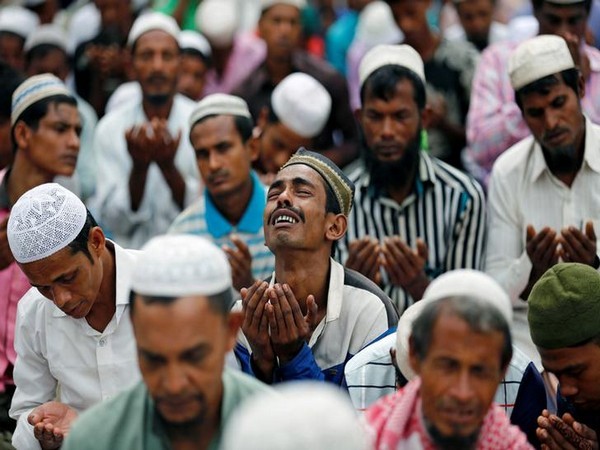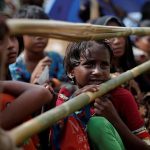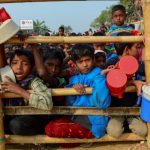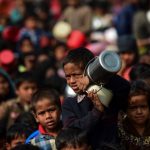Dhaka [Bangladesh]: Bangladesh foreign minister on Monday said they have signed a deal that will involve the United Nations in the process of returning Rohingya refugees to Myanmar.
Foreign Affairs Minister Shahriar Alam said the government was involving the UN refugee agency so that it could not be accused of sending anyone from the stateless Muslim minority back against their will.
“We have repeatedly said this repatriation process is very complex,” local media quoted Alam as saying.
“We want to fill up the (repatriation) forms in their (UN) presence so that no one can say they been forced by someone or sent back against their will,” he said.
There was no comment from the UN, which had previously said that any repatriation must be voluntary.
Alam asked for patience and said Bangladesh did not want to send back the refugees only to have them return, as has happened after past rounds of repatriation.
“Bangladesh wants to make sure the situation in Myanmar is safe and secure”, he said.
Earlier on February 5, the United Nations Human Rights Council (UNHRC) said the possible “acts of genocide and ethnic cleansing” by the Myanmar army against the Rohingyas could incite a religious conflict in the South Asian region.
“Myanmar faces a very serious crisis – with a potentially severe impact on the security of the region,” UN High Commissioner for Human Rights, Zeid Ra’ad al-Hussein, said in a statement.
Bangladesh Prime Minister Sheikh Hasina said earlier in January that the country’s forests and natural environment had been “severely” affected due to the large influx of the Rohingyas from Myanmar, particularly in Cox’s Bazar, the Dhaka Tribune reported.
Myanmar and Bangladesh had earlier in December last year, formed Joint Working Group (JWG) to handle the repatriation of Rohingya refugees.
More than 655,000 Rohingyas have crossed into Bangladesh since August 25, 2017, escaping a military crackdown in Rakhine state, which many countries and human rights bodies have described as ethnic cleansing.
The Rakhine state is home to a majority of Muslims in Myanmar, who have been denied citizenship and long faced persecution in the Buddhist-majority country, especially from the extremists. (ANI)





